We received investment from SBI because we felt they would focus on the growth of the fintech sector and support us.
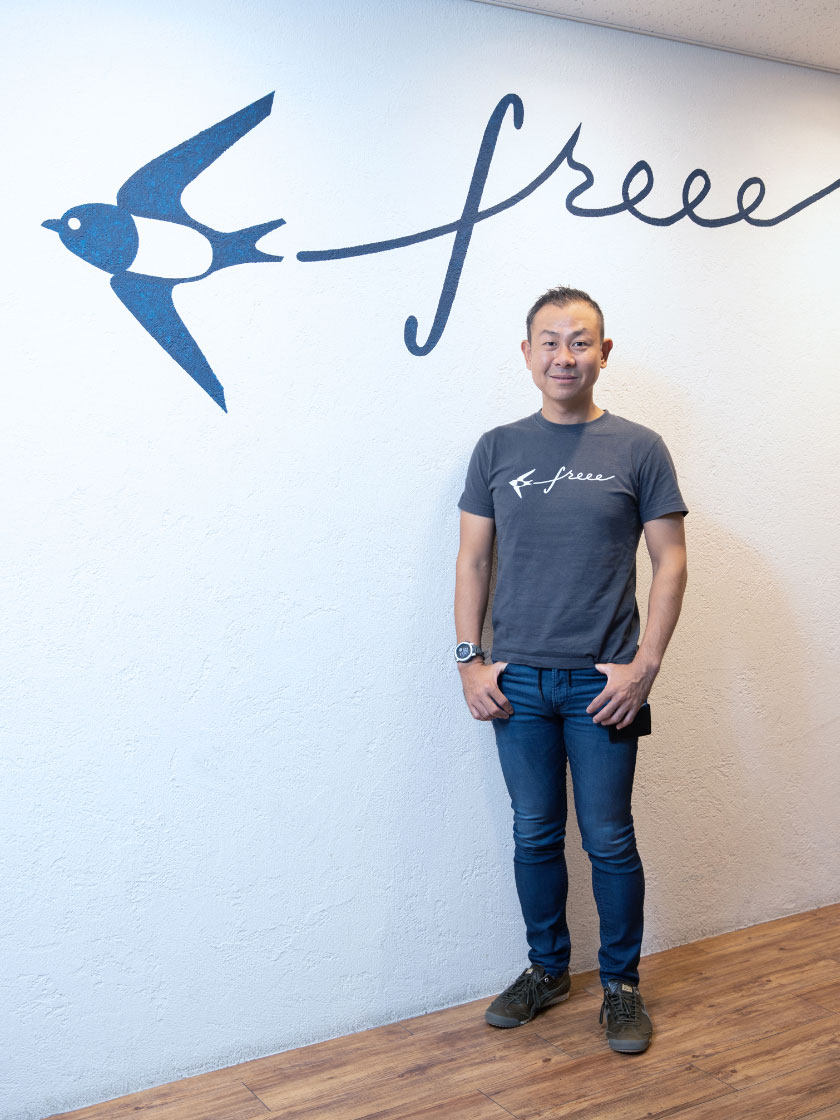
freee K.K.
Could you give us an overview of the "freee" service, and tell us about the birth of freee and your reasons for starting a business?
"freee" is an integrated cloud-based ERP service focusing on accounting for back office operations for small businesses. In addition to accounting, we also provide a wide range of services related to human resources and labor, filing taxes, and setting up companies.
This was triggered by the latency of technology and the desire to promote it in small and medium enterprises that I felt while working at Google in my previous job.
The reason I focused on accounting sector is that when I was CFO of ALBERT Inc., where I worked before Google, I really felt how difficult it was. I felt that there was a lot of room for improvement in accounting operations, and progress in this area would change everything to the better direction, so I decided to start an accounting service.
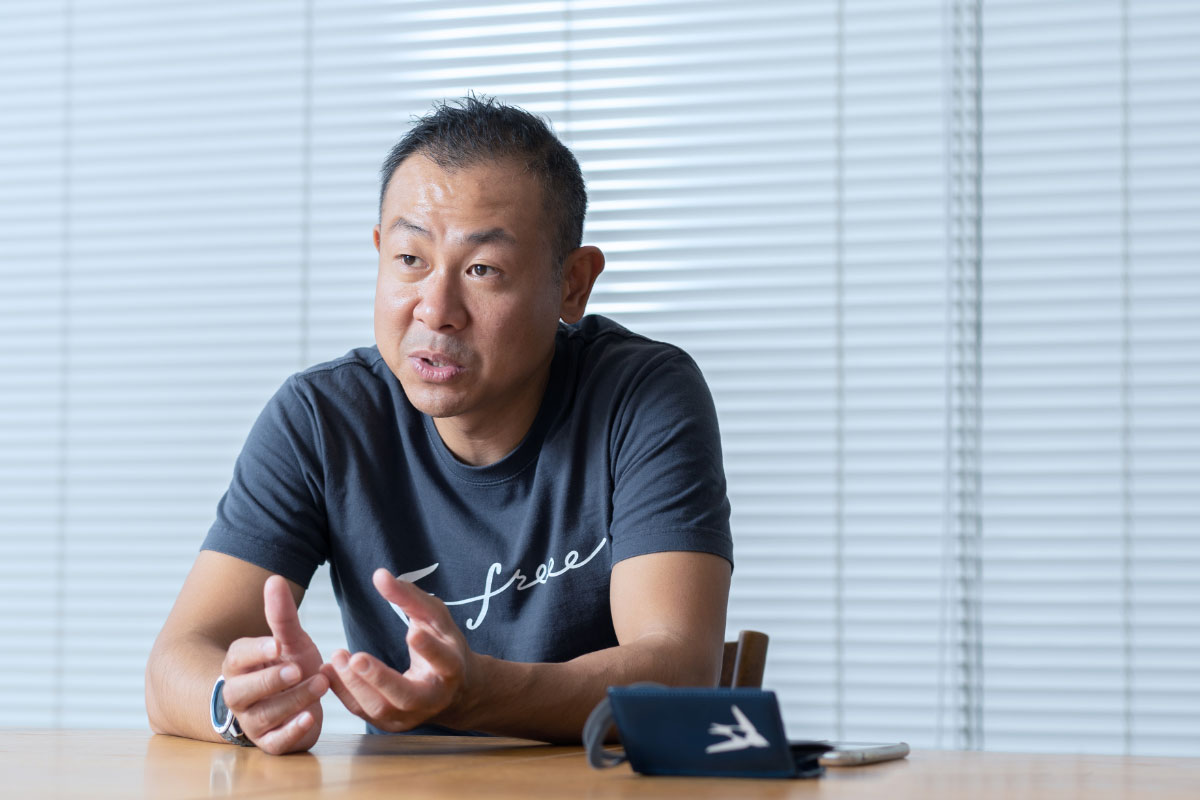
What are your plans for future growth strategies and business development?
Our mission is "Empower Small Businesses to Take Center Stage."
Small businesses will be better able to deal with their core business and have more freedom in the way they work. Small businesses often think there are a lot of work to do per person, but technology can greatly reduce the burden. In addition, systems that used to be available only to large corporations are now available to everyone through cloud services.
This is exactly what we want to do, and we want to create a platform where anyone can build a strong and smart business. We have several ideas at the core of this direction.
The first is the promotion of business efficiency and visualization. We have primarily focused on this idea through our existing cloud accounting software.
The second idea is the creation of new value by connecting freee users and partners. By accelerating transactions between freee users, or connecting developers and users of applications that are linked with freee, we want to build an ecosystem in which functions that can meet more needs are provided also from outside of our company.
The third idea is to enable management actions that use data. In the accounting sector, we want to make it possible for small business managers to easily take actions related to financing on freee, such as obtaining credit and financing, which are difficult for people to resolve by themselves. In the personnel and labor sector, we want to make it possible for small business managers to input the ways they want to change their employee compensation and benefit systems and have freee complete the process fully automatically. In the future, more actions will be made available and freee will become like an AI CFO. In this way, we want to create a foundation on which anyone can strengthen their business and make it smart.
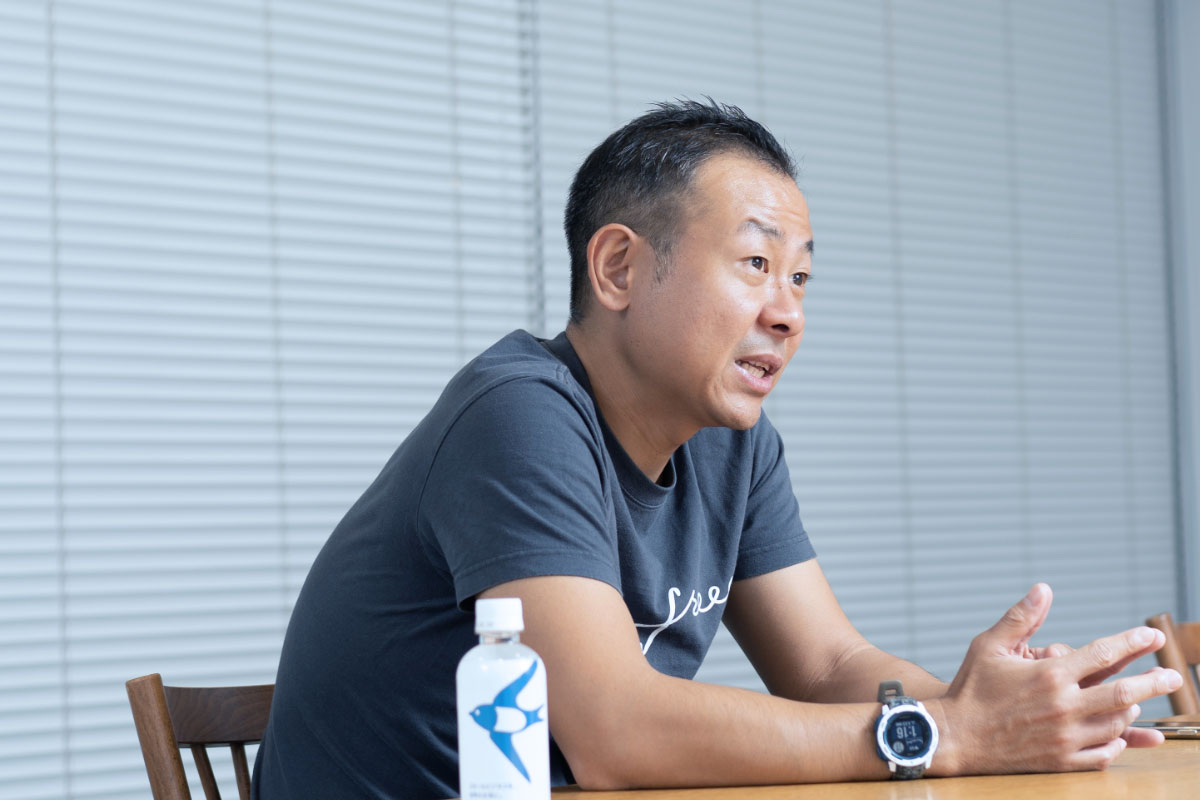
What difficulties did you face before listing?
The hardest part was the period when we released the product. When we interviewed users and people in the industry at the planning and conceptual stages of the product, most of them did not expect much from accounting software, and most of them said that there were already existing functions and operations, new ones would make them consusing.
It was very difficult for us to resolve to continue developing new services in these circumstances. As a result, we decided not to conduct any more interviews, and instead took the approach of creating our own ideal product first in an "ideal-driven" manner. If it hadn't been like this, freee wouldn't have existed in its current form. We felt a lot of pressure as we continued to make things that nobody said they needed, and that was the hardest part.
What was the driving force that enabled you to continue your efforts without giving up under the circumstances?
If everyone quit before the stage where they try their ideas, there would be no progress in the world and no one would get any suggestions. For example, accounting software had not evolved for 30 years and the players had not changed. The reason why people said they would not need cloud accounting software, even from a new entry, was because of people’s unconditional acceptance of the fact that it would not change in the future since the current situation had gone on for 30 years, or because of some deep-rooted reason that hadn’t changed in more than 30 years and was lying in wait like a land mine. I had a strong sense of purpose to take on the existing situation and make the answer to this question clear. We weren’t particularly strongly focused on success or failure, but wanted to discover the real reason by actually releasing our product to the world. This was the main driving force.
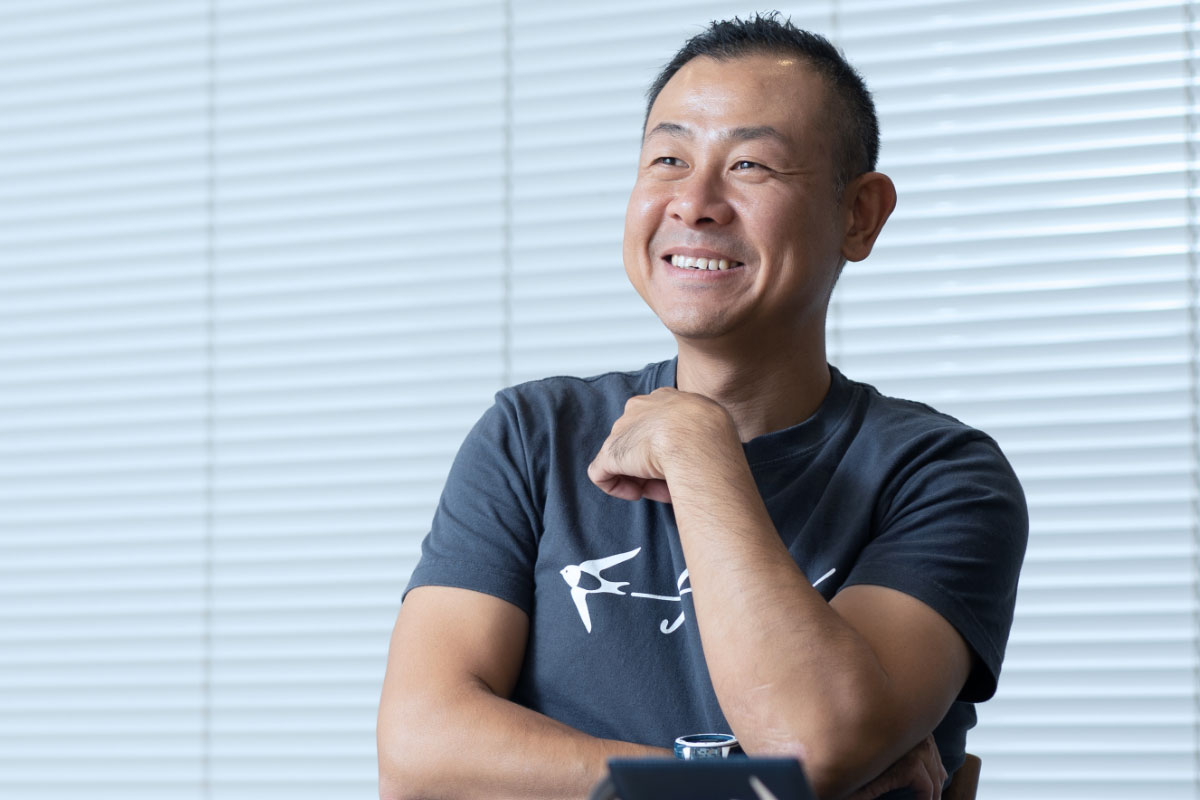
When and why did you become convinced that your service would gain popularity?
It happened earlier than I expected. When we released it, many people accessed our service, and freelancers living in the IT world and other people we had never met liked it, saying things like, "I've been waiting for a service like this.” Until then, we had relied on our real-life connections to conduct surveys and interviews before the service was developed, but after the release, we were able to connect online with people who needed our service. Furthermore, these people talked about our service on social media and told others, "This is how the world changes." This helped gradually spread the word. This has contributed greatly to the spread of our company’s services.
We didn't know until we released the service. I was encouraged when I realized that there were people who actually needed our service, and I was convinced of its success when I saw them changing the opinions of others around them like a chain reaction.
What made you accept the investment from SBI?
I felt their attitude and desire to bet on the growth of the fintech sector and support us. In fact, SBI has also supported us to develop our network of contacts, including working with us to tap various new partners for collaboration, including SBI Group companies. In addition, I was grateful to be able to receive advice from Chairman Kitao and to be able to make small requests. It was also a valuable experience to be able to meet with the leaders from the political world.
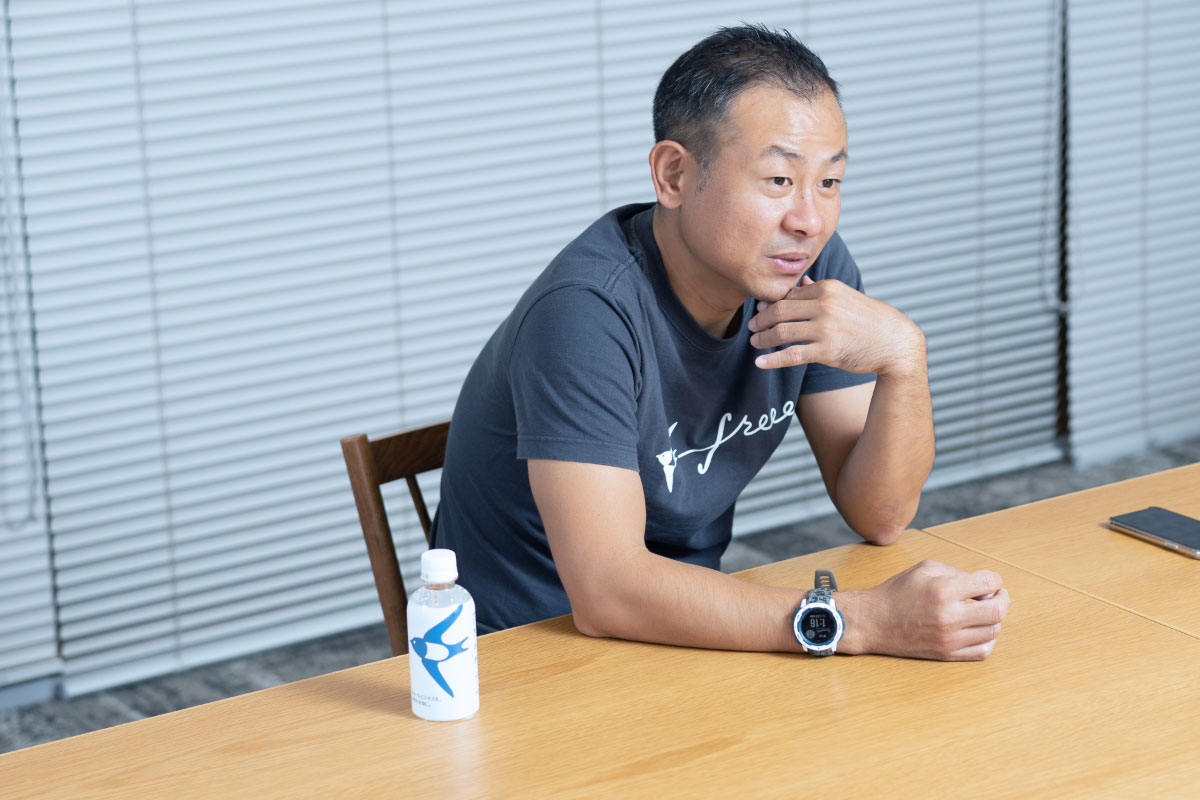
What do you value as a manager?
The first is to think about whether what you're providing or about to provide is inherently valuable to users. There are many things that users say they want but don't really need, and conversely, there are many things that resolve essential problems even if people don’t say they want them. I strongly hope that we will continue to be a company that measures value based on “real value,” and focuses on essential necessities. For the second point, we not only look at the services we provide to our customers, but also place great importance on seeing things from the perspective of whether or not our activities will advance society one step further and lead to the creation of a future society.
Your company has been making unique efforts to eliminate defects by referring to each one not as a "bug" but as a "happy." Do you have any other culture that is unique to freee?
For example, managers and bosses are called "Germanes" (a colloquialism used for managers from the entertainment industry, made by reversing “mana(e) - ger”). This symbolizes that, like the managers of celebrities, the leading role is played by each entertainer (= subordinate), and that the job of the manager (= boss) is to enable them to perform to the fullest extent. We also place importance on the way our organization measures value. Everyone thinks about our culture and the things we place importance on, and we create regular opportunities for discussion. As a result, we are constantly updating these as things that belong to us.
Do you have any advice as an experienced entrepreneur to those who are considering starting a business or raising funds?
To achieve great things, we must develop a world that has never existed before. There may be a lot of people who are opposed to something that has no precedent, but you have to make your own decisions in important situations. I don't think there are many entrepreneurs who have succeeded by listening to everything they were told. Even when your business grows, please keep in mind that "you are the one making the final decision.”
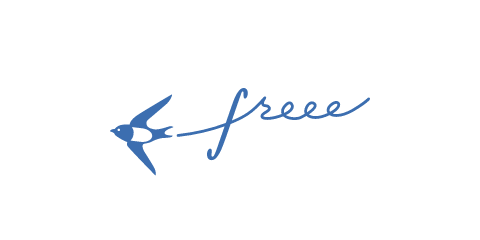
- Company name
- Date of establishment
-
July 2012
- Main businesses
-
Development and operation of SaaS-type cloud services for corporations and sole proprietorships to improve back-office efficiency